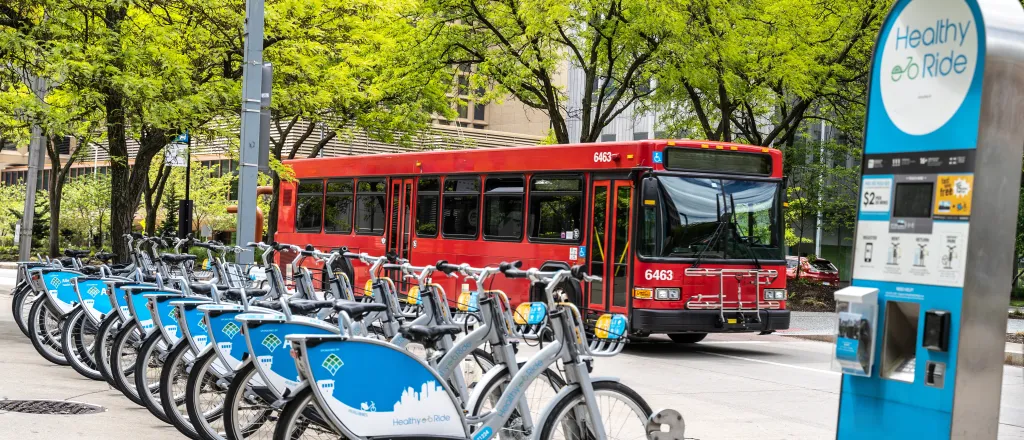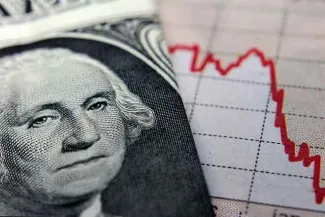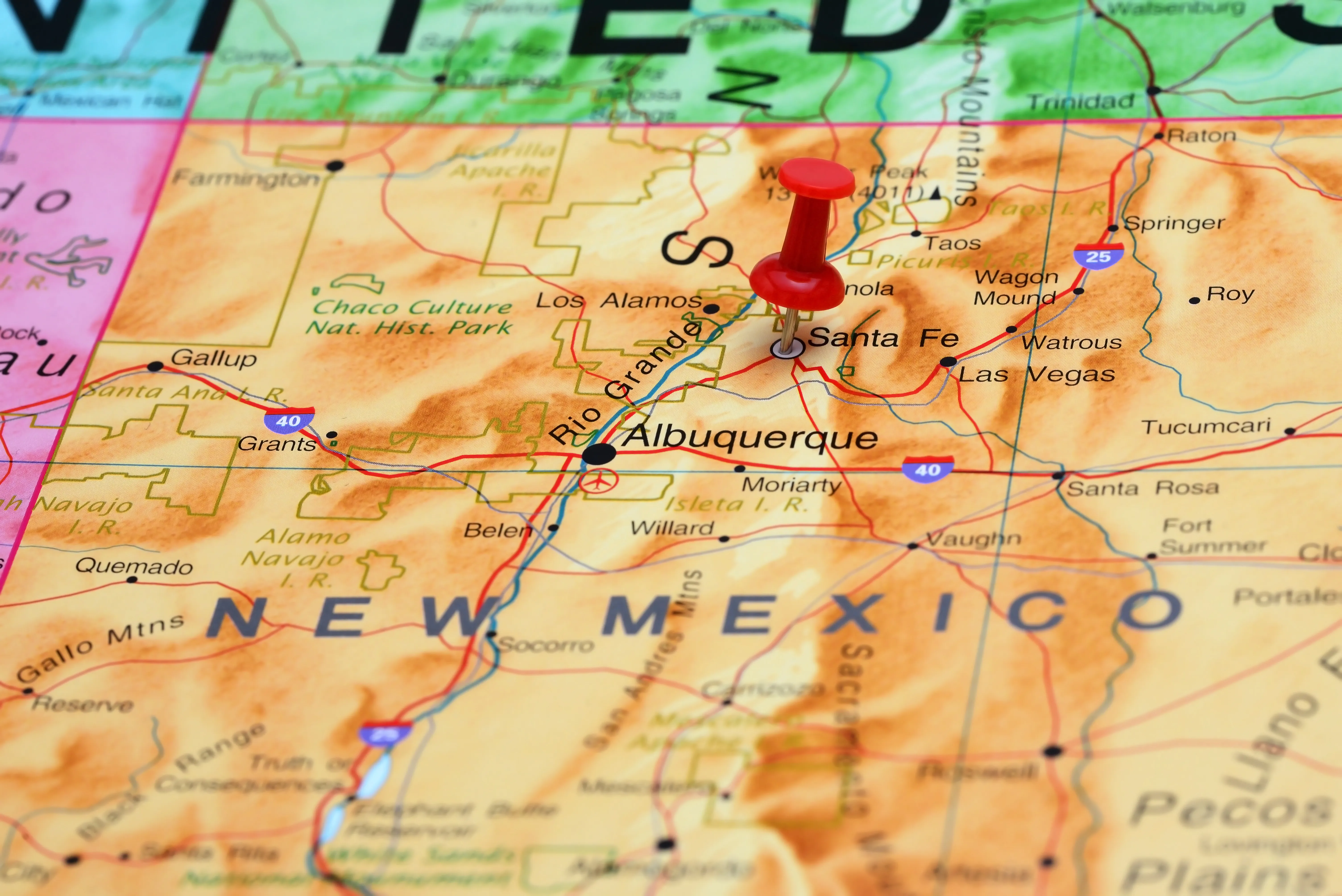
Denver transit costs continue to rise as ridership fails to recover post-COVID
Denver’s transit system continues to face financial challenges, even as it moves forward with expansion programs.
According to the Regional Transportation District, the system maintains a “strong near-term outlook.”
Yet, like many other transits throughout the country which have seen little recovery in ridership since the COVID-19 pandemic, RTD ridership in 2023 was less than two-thirds of the pre-pandemic level.
Unlike other transits, RTD's ridership has been declining since 2014, when it was 5 percent higher than in 2019.
In 2021, the transit, which includes buses, rail, and on-demand services, reported 50 million annual boardings. In 2023, that number had increased to 65 million annual boardings.
So far, 2024 has seen only slight increases in ridership, still much less than 2019’s ridership of 106 million.
Revenue from fares has also been consistently dropping over the past few years.

© iStock - claffra
In 2021, the transit brought in $79 million from fares. Each year since then, revenue from fares has consistently decreased. In 2023, RTD brought in only $64 million from fares. That is a 19 percent decrease in just three years.
RTD reports that, in 2024, only 5 percent of the revenue was generated from rider fares. The rest of the revenue was acquired from either taxes or grants.
Revenue from grants also saw a slight decrease over that period, while revenue from taxes increased from $757 million in 2021 to $858 million in 2023.
While riders and some streams of revenue drop, the total operating budget for the transit has seen a massive increase of 65 percent since 2021, increasing from $630 million to $1 billion in 2023.
That comes as the transit says its current financial strategies include increasing revenue and decreasing expenses.
Yet, the transit is consistently spending more on each individual ride. In August 2024, RTD reported that each boarding had an operating expense of $17.49. That is up from $16.85 in 2020. Currently, a three-hour pass to ride the transit costs just $2.75.
Over the past few years, expenses have only increased. Salaries and wages make up much of that increase, with those increasing from $185 million in 2021 to $250 million in 2023. This is according to the RTD’s 2023 Annual Report.
In 2025, operating expenses are only expected to continue to rise, while revenue will decrease.
“The revenue in 2025 is budgeted to decrease compared to the 2024 Budget. The 2024 customer fares were estimated with the implementation of the new fare structure, however, actual results during 2024 have been lower than anticipated,” the RTD said.
The transit is already predicting that 2025 fares will be “lower by $6.8 million," partly due to the continuation of fare discount programs like Zero Fare for Youth.
As for operating expenses, which are expected to increase again in 2025, salaries and benefits will have a $52.5 million increase due to “continuation of front-line position hiring” and an increase in wages.

















